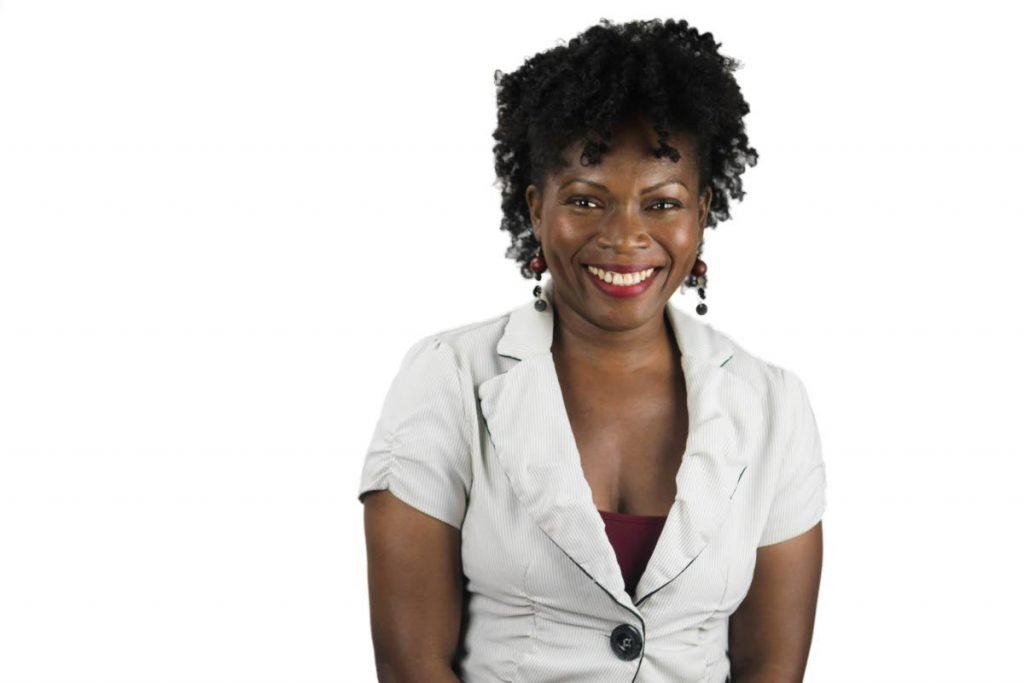Abstinence done right: Showing youths how to say no to sex

ONIKA HENRY
Almost every parent wants their child to avoid sex before marriage, or at least until they are adults, hence the appeal of abstinence-based sex education. As said in my previous article titled Abstinence: great option, bad execution, the current forms of this programme have been largely unsuccessful in fulfilling that wish. In some cases, they have even backfired, since those who fall through the cracks of this approach, have no fail-safe mechanisms.
However, those of us who are trained sexuality educators know that there is a right way to teach abstinence; a correct way that gives youth knowledge and information, imparts practical skills and addresses their attitudes and beliefs about understanding and managing their sexuality.
Abstinence-only education, as currently designed and applied, cannot be the plan we use if we want to help our youths make good sexual decisions. In my practice as a clinical sexologist, I see the painful and disastrous outcomes of this approach, particularly for women. The lack of knowledge, fear, shame and guilt associated with sex, has shut down their bodies and caused mental havoc, which shows up in dysfunctions like genito pelvic pain/penetration disorder, preorgasmic primary and others.
As said before, this topic is taught as part of comprehensive sexuality education, so I am not saying that we abandon the idea. What I am saying is that there is a right way to teach abstinence. Trained sex educators teach about abstinence as the best method for avoiding STIs and unintended pregnancy and is also the best approach until one is an adult and can manage all the responsibilities and risks of sex. There is a way to support our young people in making decisions about their sexuality that is for their best and utmost well-being, and the current most popular programmes are spectacularly ineffective at achieving this outcome.
THE CHALLENGE
I’m sure at this point, you just want to know what abstinence teaching looks like. You really want me to hurry up and get to the good stuff, so that we can stop all this sexual activity among our children. Indulge me just a little longer and let me give you some context that explains why this skill can be difficult to achieve.
To be quite frank, if youths are already sexually active, and therefore have experienced the pleasures and attachment associated with sex, abstinence education may not convince some of them to refrain. Messages of abstinence appear to work best when aimed at younger youth who are not yet sexually active. Many of our society’s messages and images, especially through the media, tend to be highly sexualised. In order for adolescents to successfully practise abstinence, they require strong social support from community members and the development of a high degree of motivation, self-control, and communication competence.
A GOOD ABSTINENCE EDUCATION APPROACH
So now that I’ve given you some background, you can better appreciate why effective abstinence programmes are designed in the following way.
In the lessons plans, the knowledge-based modules will include the following topics:
1. Giving definitions for abstinence and postponing sexual activity.
Since “abstinence” means different things to different people, defining it is key.
Many faith-based groups generally view abstinence as a commitment to abstain from sex until marriage.
Some view abstinence as delaying sex until a future time. Yet others still may consider themselves to be practising abstinence when they avoid vaginal intercourse, even if they engage in other kinds of sexual intimacy. The term can even be used to refer to those who have been sexually active at one time but now have decided to stop, which is commonly referred to as celibacy.
2. Outlining the advantages and the importance of abstinence and/or postponement. This gives youths clarity about why they should delay sex, as well as gives credibility and value to choosing this path.
3. Exploring alternatives to sexual activity. Youths often find it difficult to identify ways of showing love and commitment outside of sex, and this tackles that challenge.
4. Identifying ways to say no to sexual activity. This helps youths recognise situations that might make it hard to say no. In addition, it gives options for dealing with peer pressure, finding support to stick with their decision and opting out of sexual situations while maintaining friendships.
Next, the lessons for the skills-based aspect of abstinence education would focus on:
a. Embodying and encouraging appropriate listening and speaking skills during class discussion. This allows youths to develop competence in communicating about sex and sexuality issues with clarity and without embarrassment. Activities in this area would also include analysing messages in music, videos and movies, which promote sexual activity.
b. Giving youths the opportunity to practise or demonstrate an understanding of refusal skills. This takes the theory or knowledge gained, and puts it into practice during role-play or drama-based activities. It also increases confidence in their ability to be committed to abstinence.
The last section, which addresses beliefs and attitudes, will focus on helping youths decide on what personal actions they are going to be follow. At this point, feelings about the ability to carry out actions, or about certain actions themselves, will guide youths to identify what their abstinence plan will look like.
While the aforementioned techniques represent the essential content, concepts and methods of a good abstinence-based approach, such a programme would not only be incomplete, but also irresponsible, if it is not followed up with lessons on safer sex, STIs and contraception. And I assert this because we know that youth may not practise abstinence perfectly. I therefore cannot emphasise enough, the need to have these follow-up lessons as the fail-safe.
Onika Henry is a Tobago-based, trained sex educator (MEd Human Sexuality) and a certified sex coach. She designs and implements workshops, training, and psycho-educational counselling, to address sexual health concerns.
Website: https://onikahenry.com
Facebook Page: https://www.facebook.com/ohenryconsultancy/
Contact: 381-3049


Comments
"Abstinence done right: Showing youths how to say no to sex"